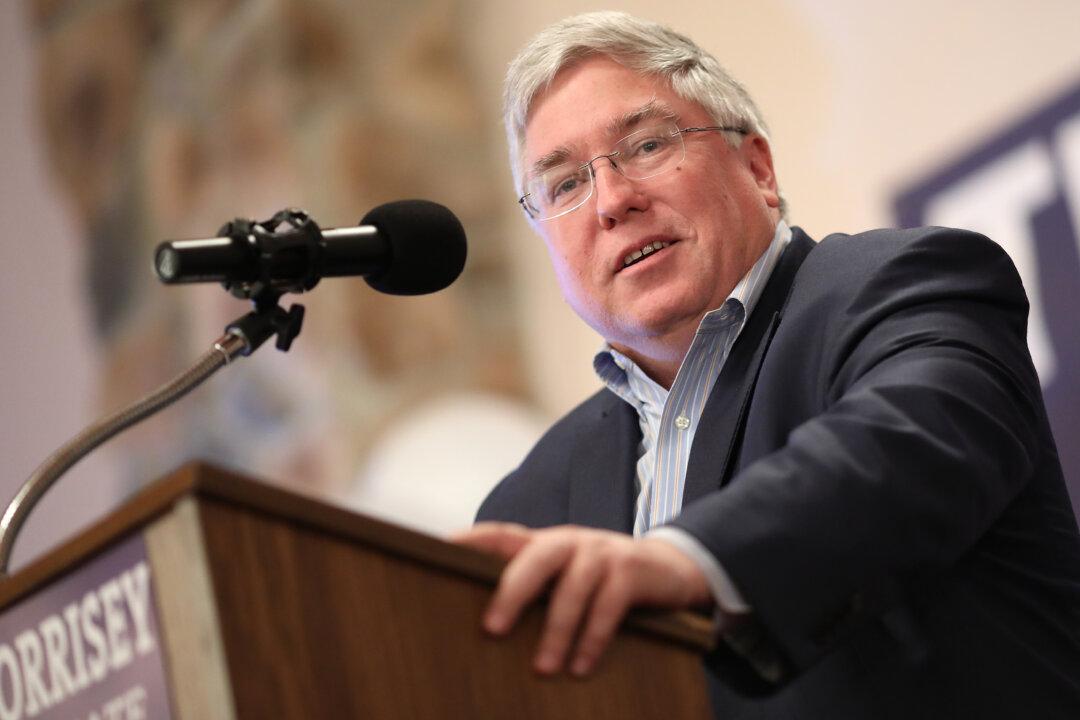West Virginia is fighting for its right not to pay for elective gender-altering surgeries under its Medicaid program, and state officials have brought their case all the way to the U.S. Supreme Court.
“Just one single sex-reassignment surgery can cost tens of thousands of dollars—taxpayers should not be required to pay for these surgeries under Medicaid,” West Virginia Attorney General Patrick Morrisey said in a statement.





